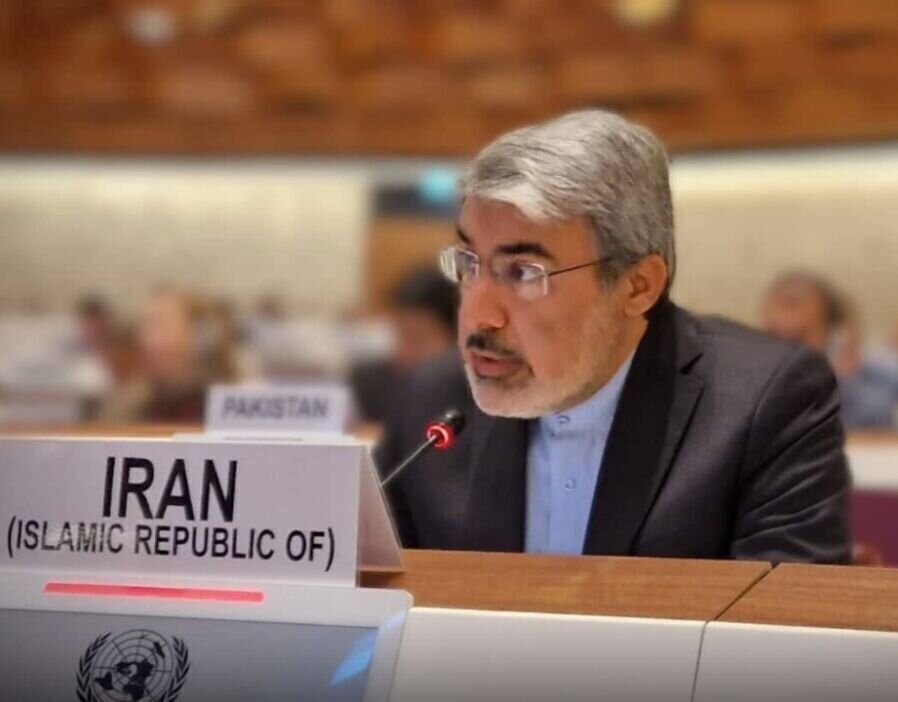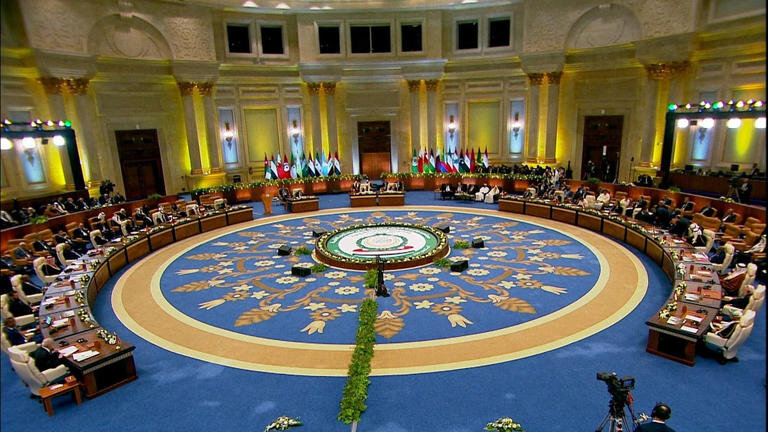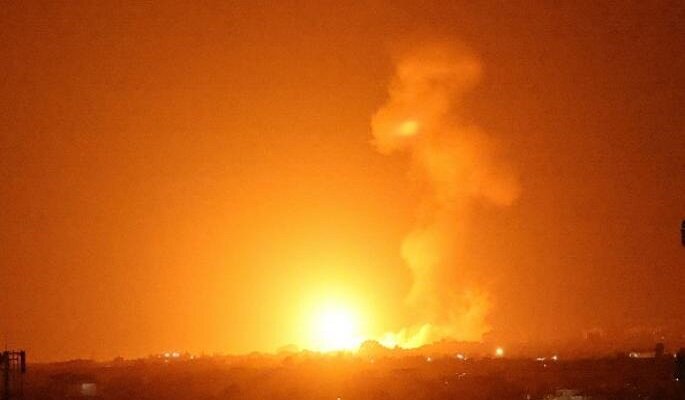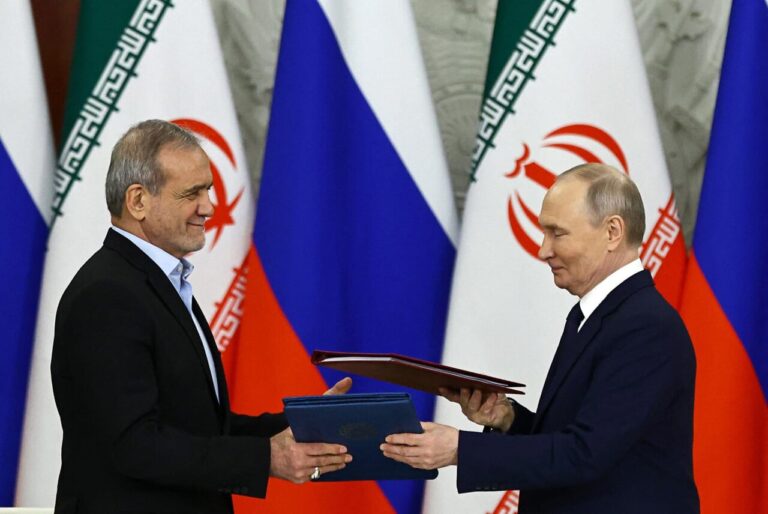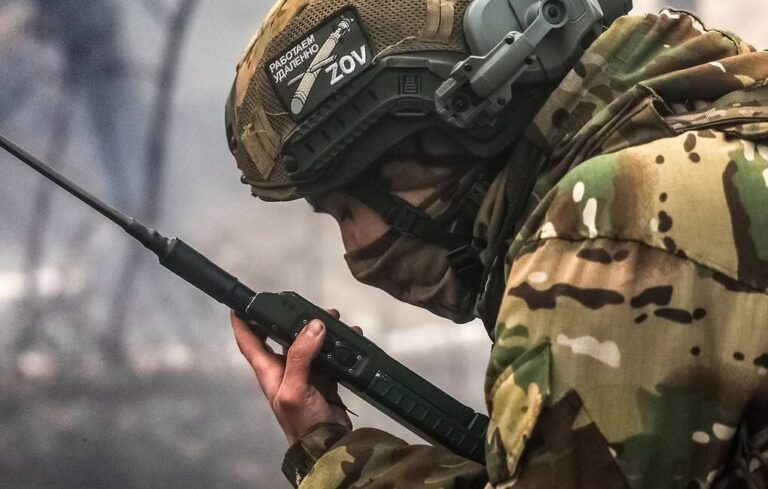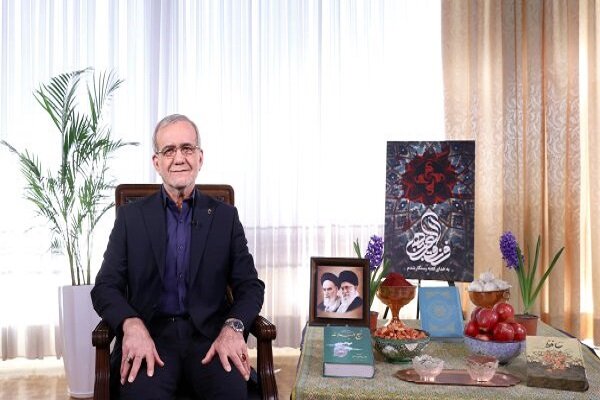Tehran Slams UNHRC’s Anti-Iran Resolution: Diplomatic Tensions Escalate
The recent developments surrounding the UN Human Rights Council and its resolutions concerning Iran have stirred significant controversy. On April 4, 2023, Ali Bahreini, the Ambassador and Permanent Representative of Iran to the United Nations Office in Geneva, expressed his strong disapproval of the Council’s latest resolution, which he described as both unrealistic and discriminatory.
In his remarks, Bahreini emphasized that the resolution does not reflect the true situation in Iran and accused the Council of bias. This critique sheds light on the ongoing tensions between Iran and international bodies regarding human rights issues.
Key points from Bahreini’s statements include:
- Criticism of Bias: Bahreini argues that the resolution is influenced by political motives rather than an objective assessment of Iran’s human rights record.
- Call for Fairness: He urged the UN Human Rights Council to adopt a more balanced approach in evaluating human rights situations across all member states.
- Impact on Diplomacy: The ambassador suggested that such resolutions could hinder diplomatic efforts and dialogue between Iran and the international community.
Bahreini’s comments highlight a growing concern among Iranian officials regarding the Western perception of Iran’s human rights practices. The resolution, which has drawn criticism from Tehran, is seen as part of a broader trend of what Iran describes as unfair scrutiny from Western nations.
The Ambassador pointed out that the resolution fails to acknowledge the positive steps Iran has taken to improve human rights conditions. He noted that Iran has been actively engaging in dialogues aimed at addressing human rights concerns and fostering an environment of cooperation.
Furthermore, Bahreini stressed that the resolution does not take into account the complexities of the socio-political landscape in Iran. He asserted that external pressures do not contribute to real improvements in human rights but rather exacerbate tensions and misunderstandings.
In his address, he also called for a more nuanced understanding of the challenges faced by Iran, particularly in the context of external sanctions and geopolitical dynamics that impact the nation’s capability to uphold human rights.
The UN Human Rights Council’s resolutions have often been a point of contention for Iran, with officials frequently labeling them as instruments of political pressure. This latest resolution is no exception, and Bahreini’s condemnation reflects a broader sentiment within the Iranian government regarding perceived injustices in international human rights evaluations.
In addition to these criticisms, Bahreini highlighted the importance of dialogue and mutual respect among nations. He argued that a collaborative approach, rather than punitive measures, would yield better results in improving human rights conditions globally.
As the debate over the UN Human Rights Council’s resolutions continues, it remains clear that the relationship between Iran and international human rights organizations is fraught with challenges. The Iranian government insists that it is committed to improving human rights but believes that external narratives often misrepresent its efforts.
In conclusion, the ongoing discourse surrounding the UN Human Rights Council’s treatment of Iran underscores the complexities of international relations and human rights advocacy. As nations navigate these turbulent waters, the hope for constructive dialogue remains, albeit amidst significant challenges.
For those following the developments in Iran and its interactions with global human rights entities, the situation is evolving, and it is crucial to stay informed about the implications of such resolutions on diplomatic relations and human rights practices.
